Summing up, here's the ratings as of August 16:
- Safe KMT (2): Kinmen, Lienchiang
- Likely KMT (6): New Taipei, Hsinchu County, Nantou, Chiayi City, Hualien, Taitung
- Leans KMT (8): Taipei, Taichung, Keelung, Hsinchu City, Miaoli, Changhua, Yunlin, Penghu
- Toss-up (1): Taoyuan
- Leans DPP (1): Yilan
- Likely DPP (1): Pingtung
- Safe DPP (3): Tainan, Kaohsiung, Chiayi County
By way of conclusion, here are five observations on the 2022 local elections three months out:
1. The KMT is down but not out. There is now a frequent refrain among outside observers that the KMT is just hopelessly disorganized and dysfunctional and cannot mount a serious challenge to the DPP anymore, until and unless it changes its position on cross-Strait relations. Maybe. But going through race by race here suggests the party's candidates are still very competitive in local elections. By my own count, I have the KMT nominee favored right now to win in 16 of 22 localities -- that's more than they control today.
Perhaps I'm being too generous to the blue camp here -- and after adding the numbers up I'm feeling a wee bit uncomfortable with how lopsided they are -- but one can at least make a reasonable case that the KMT will hold a majority of local executives after these elections, IF (big if) the national environment doesn't turn against it. Despite a rough few years, the party still has significant residual strength at the local level, and reports of its impending demise have been greatly exaggerated.
In this election cycle, the KMT is playing defense: they hold 14 of the 22 local posts and will do well just to keep that number. More than six years into her presidency, Tsai Ing-wen has defied the second-term curse and her approval ratings have been positive for most of the last two years. The KMT's party ID numbers have fallen far behind the DPP (the latest NCCU/ESC polls have DPP identifiers at 31% of respondents, and the KMT at a record-low 14%.) And US House Speaker Nancy Pelosi's visit to Taiwan in early August has triggered an extended round of military exercises and bellicose rhetoric from Beijing that has put the KMT on the defensive again. As the "China-friendly" party in Taiwan, the KMT has traditionally suffered politically when the salience of the threat from the PRC increases. (This is arguably a big part of the reason Tsai Ing-wen was re-elected in 2020.)
It's possible that a natural disaster, a worsening COVID situation, a new government scandal or two, or just a general weariness with the DPP could drag down the central government's popularity over the next three months. But if Beijing's military exercises and pressure campaign on Taiwanese agricultural products continue, they are likely to help the DPP and hurt the KMT. In addition, the CCP's 20th Party Congress will likely happen sometime in November [update 8.30: it will begin earlier, on Oct 16], where expectations are that Xi Jinping will be confirmed for a third term as General Party Secretary. Not since 1992 has this meeting been held around the same time as a major Taiwanese election (the 14th Party Congress was 12-18 October, and the LY election was 19 December), and, depending on what is said about Taiwan there, it has the potential to trigger another public opinion backlash in Taiwan against the PRC, much like Xi Jinping's January 2, 2019 speech to "Taiwan compatriots" led to a rebound in Tsai Ing-wen's approval ratings.
So, despite having a strong slate of candidates for local office, the KMT could easily lose most of the competitive races if the salience of cross-Strait relations remains high through the fall.
On the KMT side, Eric Chu had a couple well-publicized nomination fiascos in Taoyuan and Miaoli. But in most of the other races, the party has recruited well. Chu's task has been made easier by having incumbents to renominate in many races, which has helped head off the kind of factional squabbling that has bedeviled the party in the past. It's especially notable that with popular mayors running again in Chiayi City, Changhua, and Yunlin, the KMT is well-positioned to hold on in several jurisdictions that have become reliably "green" in national elections.
Both major parties still face threats in several races from spoiler candidates from the minor parties, the NPP and TPP. The NPP is now firmly in the pan-green camp, and the presence of its nominees will almost certainly hurt the DPP more, as they did in the 2020 legislative elections. The TPP is new to local politics this cycle, and it is trying to position itself as more centrist than the KMT. It could erode support for or even eclipse the KMT, as some recent public polling has shown it might; but given the long track record of third party candidates in Taiwan underperforming in elections relative to early polls, I'll believe it only when I see it.
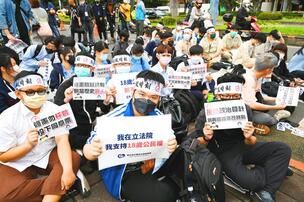
That’s all the more impressive because the cabinet still looks like this:
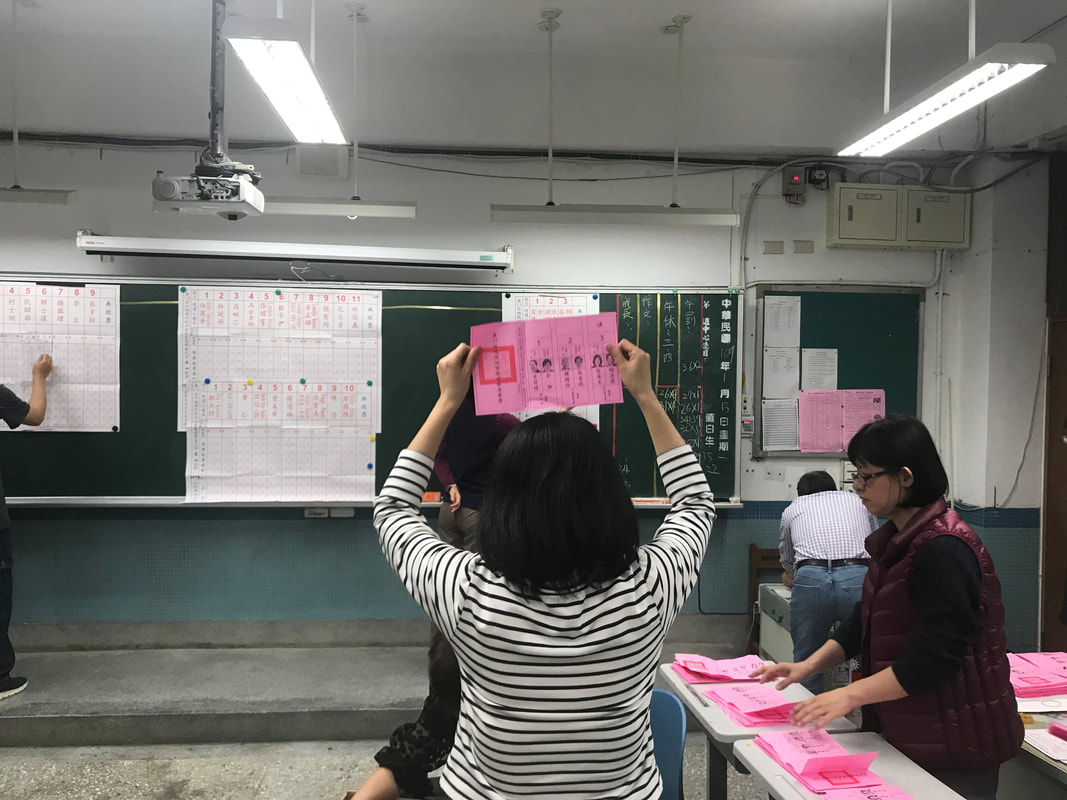
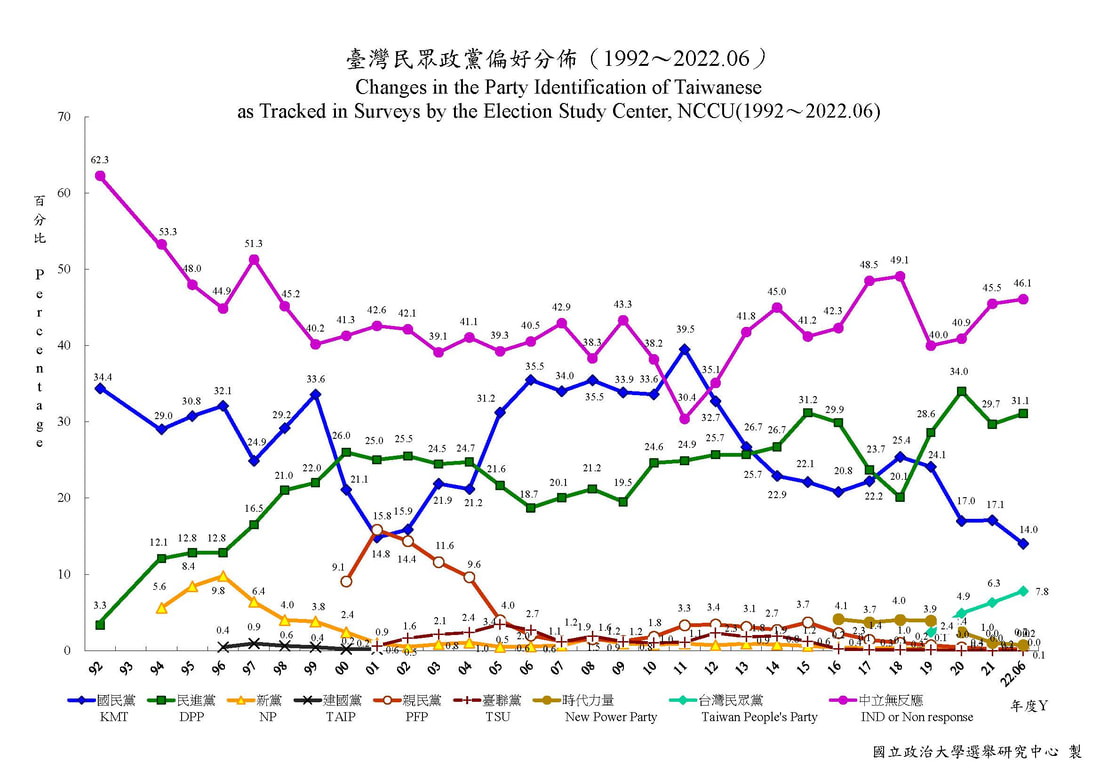
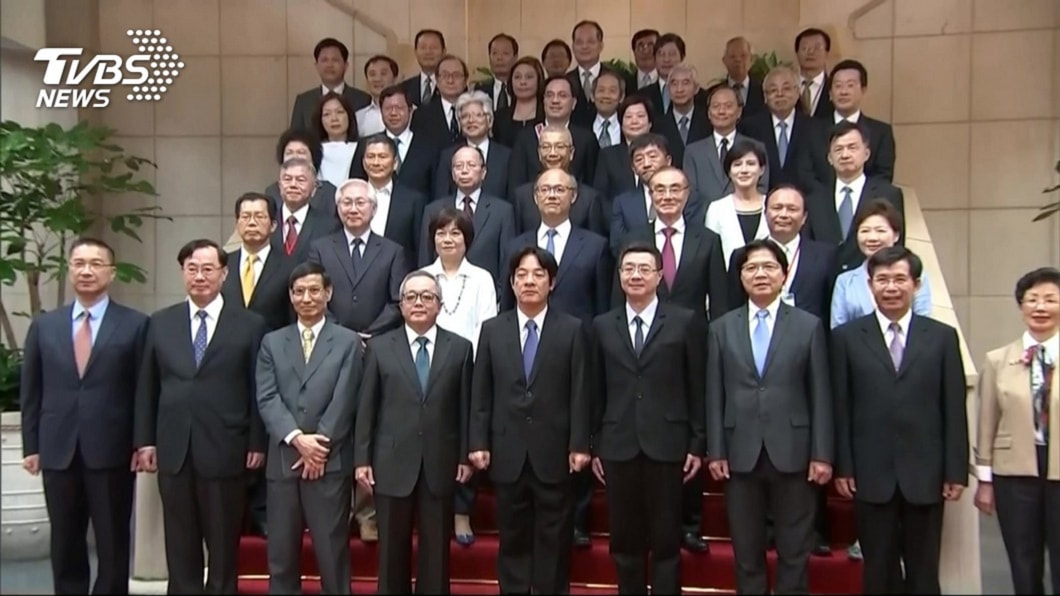
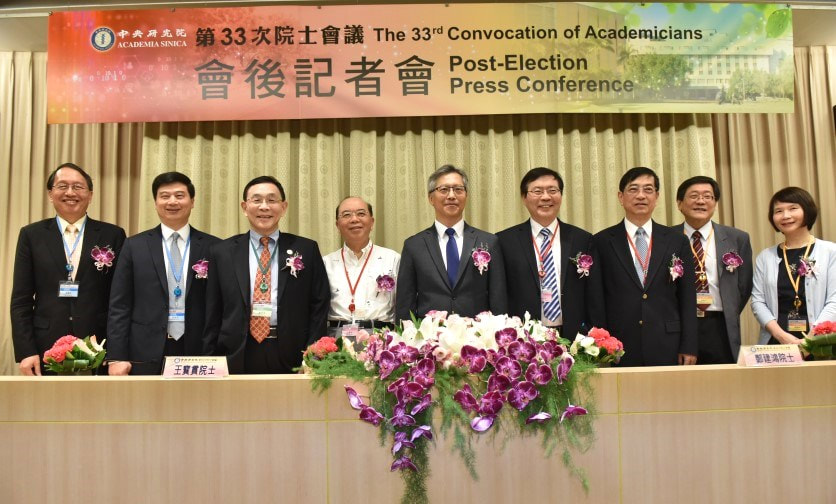
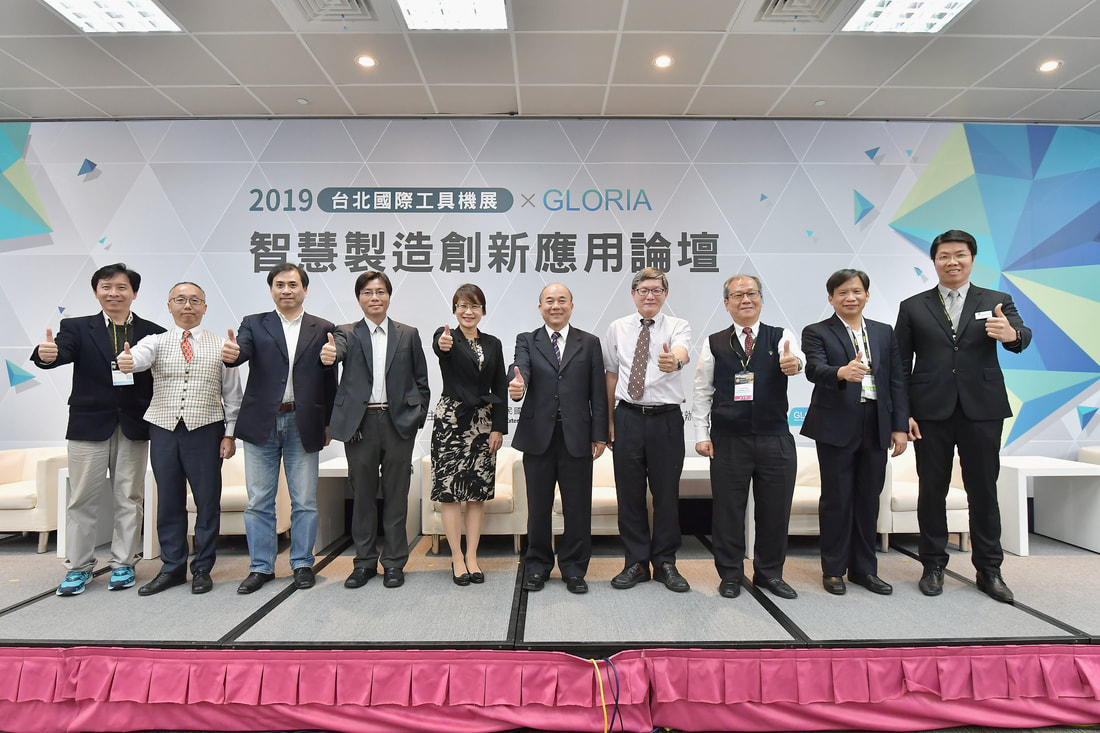
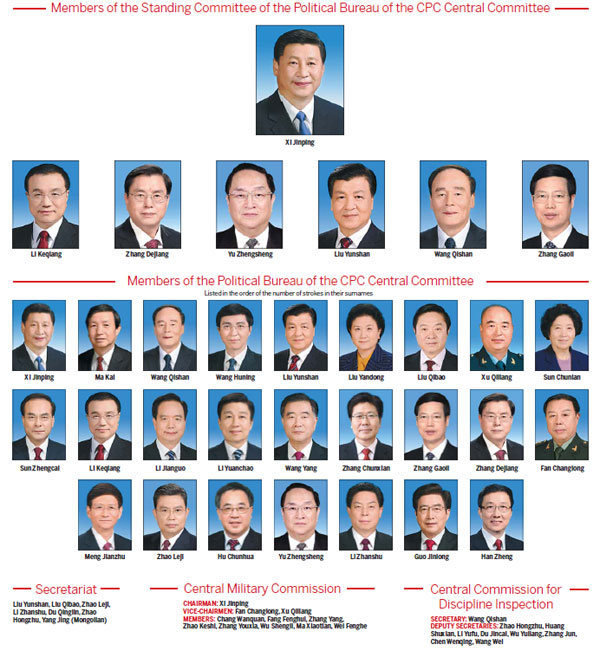
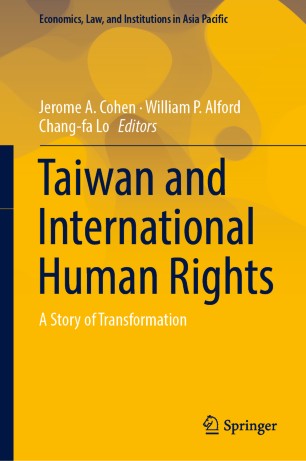
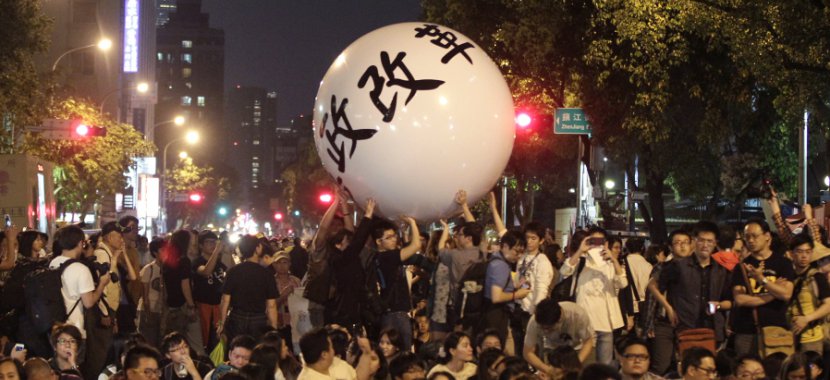
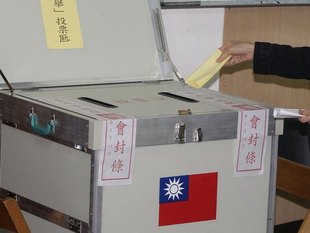
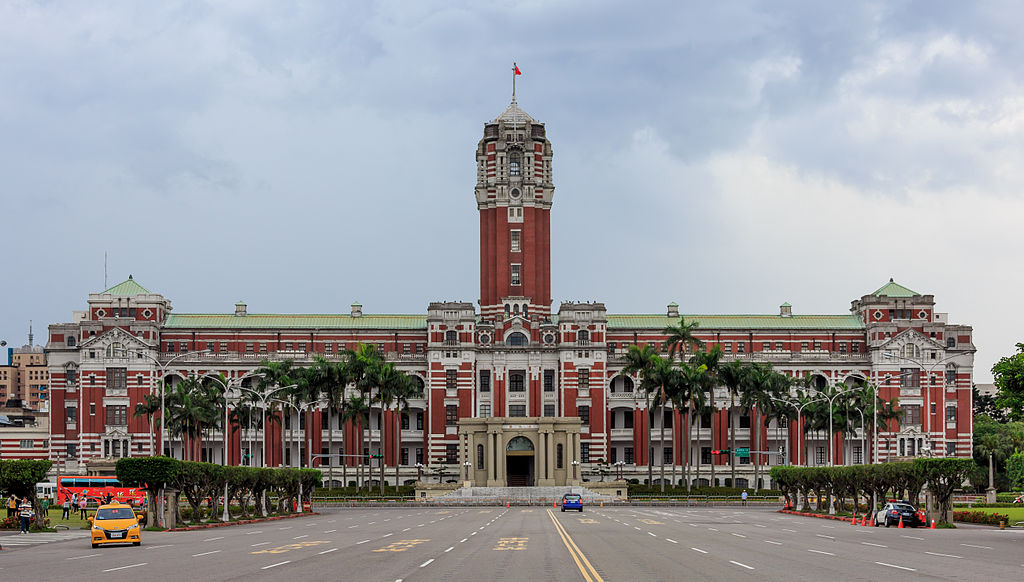
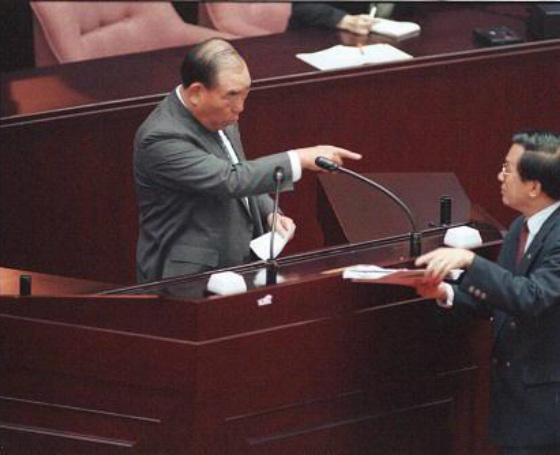

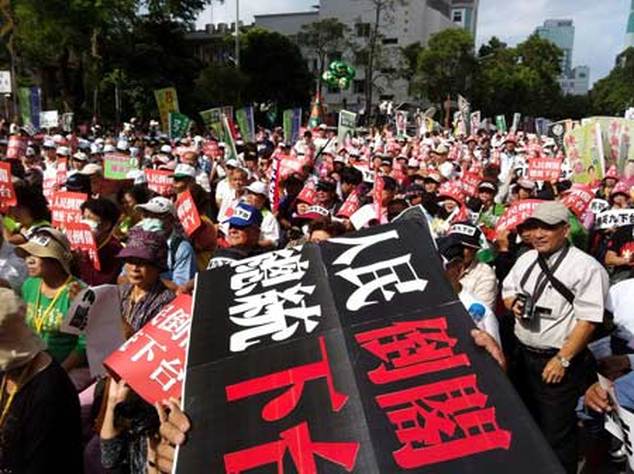
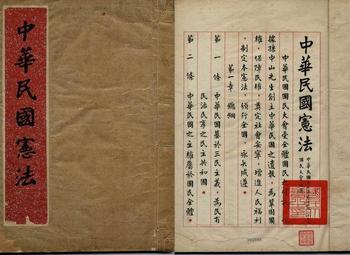

 RSS Feed
RSS Feed
